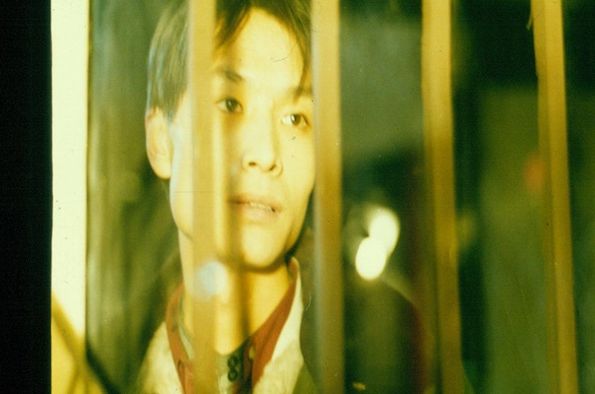
FACT Film Screening: East Palace, West Palace: Chinese Cinema Gets Queer
- Dr Leon Rocha
- Admission: University of Liverpool students on these modules can get free tickets (limited number) from Dr Rocha. FACT will also open the screenings to the general public (£4/£3 Concessions).
- Book now
Add this event to my calendar
Click on "Create a calendar file" and your browser will download a .ics file for this event.
Microsoft Outlook: Download the file, double-click it to open it in Outlook, then click on "Save & Close" to save it to your calendar. If that doesn't work go into Outlook, click on the File tab, then on Open & Export, then Open Calendar. Select your .ics file then click on "Save & Close".
Google Calendar: download the file, then go into your calendar. On the left where it says "Other calendars" click on the arrow icon and then click on Import calendar. Click on Browse and select the .ics file, then click on Import.
Apple Calendar: The file may open automatically with an option to save it to your calendar. If not, download the file, then you can either drag it to Calendar or import the file by going to File >Import > Import and choosing the .ics file.
The theme of this year's FACT screenings is "Sexuality and Chinese Cinema: From Erotic Tales to Queer Sensibilities”. Dr Leon Rocha (Department of History) is doing three film screenings at FACT, in Weeks 10, 11 and 12. They are part of the HIST227-CHIN177 Chinese Cinema module.
These three important Chinese films speak to different aspects of Chinese sexuality and eroticism.
East Palace, West Palace (1996), directed by ZHANG Yuan and based on a script by enfant terrible WANG Xiaobo, was the first film from the People’s Republic of China to feature an explicitly queer theme. Originally conceived as a documentary project on Beijing’s gay underworld, East Palace, West Palace powerfully reflected on the relationships between the public and the private, between the state and the individual.
The work of LOU Ye, one of the so-called “Sixth Generation” directors, is very much a reaction against the commercial epics made by the so-called “Fifth Generation” directors such as ZHANG Yimou. In 2009, LOU released Spring Fever in defiance of a five-year filmmaking ban imposed by the Chinese government. Spring Fever was at once a universal story on the destructiveness of love, and a very sharp political commentary on gender, desire, nihilism and death in contemporary Chinese society.
Finally, Sex and Zen: Extreme Ecstasy (2011), directed by Christopher SUEN and produced by controversial Hong Kong businessman Stephen SHIU, was an erotic comedy that had been labelled one of the worst films ever made. The film was set in the Ming Dynasty and was loosely based on The Carnal Prayer Mat, a seventeenth-century Chinese pornographic novel that had been interpreted by literary scholars as a relentless attack on Confucian morality and as a Chinese parallel to Marquis de Sade. Filled with both sophomoric humour and sadomasochistic sex, Sex and Zen showcased Chinese understandings of excess, violence, and exploitation.
